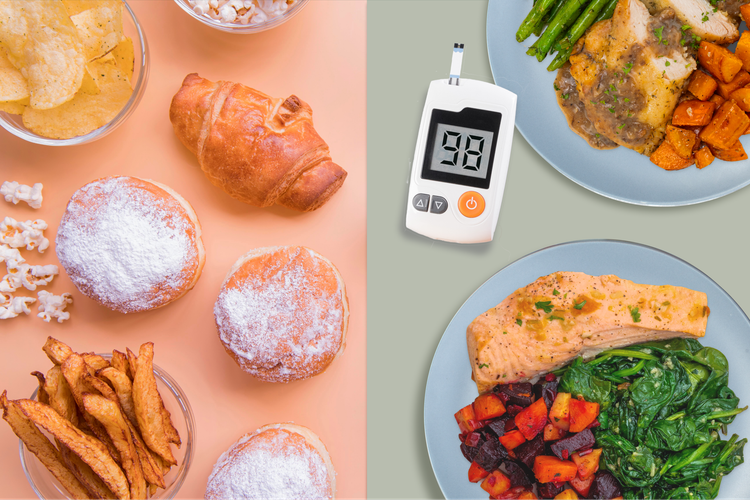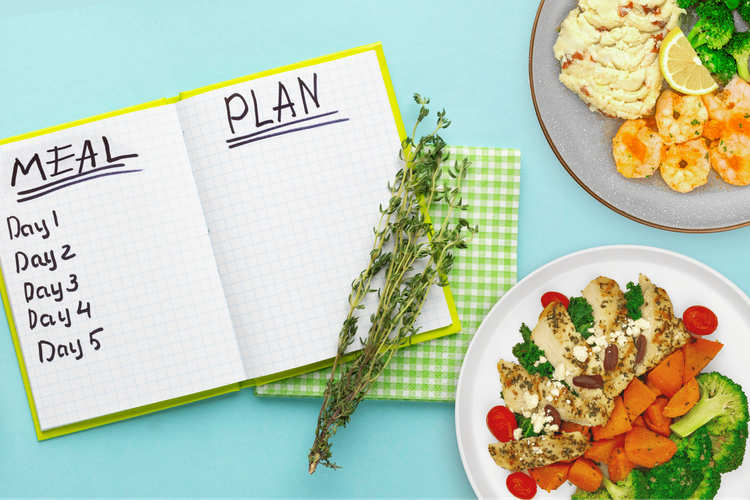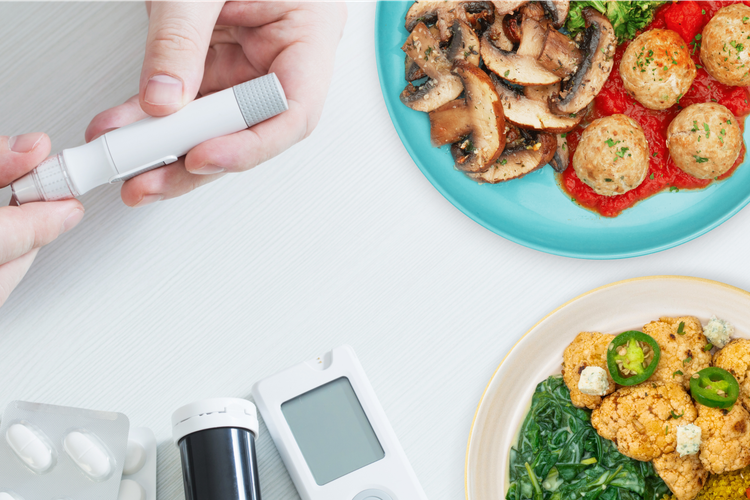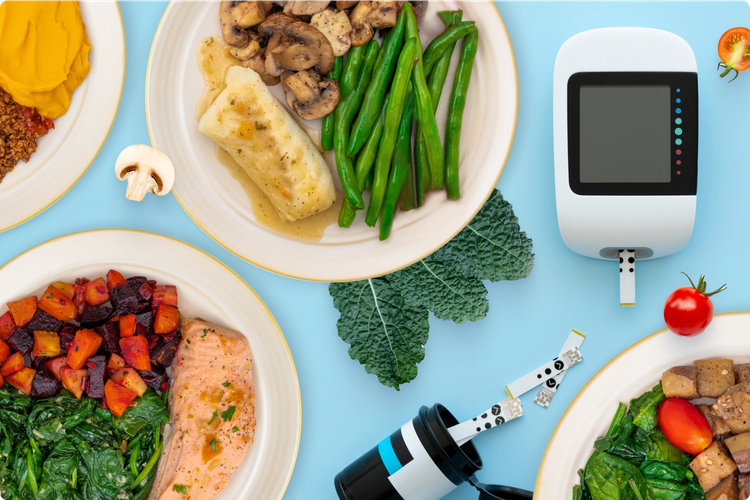
science
Foods to Avoid with Diabetes: A Guide to Better Blood Sugar Control
Managing diabetes requires careful attention to diet, as certain foods can significantly impact blood glucose levels. Avoiding specific foods can support stable blood sugar and overall health, helping you manage diabetes more effectively. In this article, we’ll cover which foods to avoid and why, provide alternatives, and offer guidance on creating a diabetes-friendly meal plan. If you’re seeking personalized advice, consider booking a consultation with a LifeChef nutritionist to tailor a plan to your needs.
Understanding the Impact of Certain Foods on Diabetes
Foods have a direct effect on blood sugar levels, making it important to choose wisely. High glycemic index (GI) and glycemic load (GL) foods can cause quick spikes in blood sugar, which can be difficult to manage. By understanding how specific foods affect your body, you can make informed choices that promote steadier glucose levels. Working with a professional can help you navigate food choices based on your unique health needs.
Foods to Avoid with Diabetes
- High-Sugar Foods:
Foods high in added sugars, such as candies, cakes, pastries, and cookies, cause rapid blood sugar spikes and provide little nutritional value. It’s best to avoid these or replace them with low-sugar alternatives.
- Sodas and Sugary Drinks:
Sugary drinks like regular sodas, sweetened teas, and fruit punches contain high levels of sugar, often leading to quick glucose spikes. Opt for water, herbal teas, or infused water instead.
- Fruit Juices and Dried Fruits:
While fruit is healthy, fruit juices and dried fruits concentrate sugars, which can spike blood sugar quickly. Choose whole fruits to get fiber, which slows sugar absorption.
- Refined Carbohydrates:
Refined carbs, such as white bread, pasta, and white rice, act similarly to sugar in the body, raising glucose levels. Whole grains like brown rice or quinoa are better choices, providing fiber to slow digestion.
- Trans Fats and Saturated Fats:
Foods high in trans fats, like margarine and some baked goods, and saturated fats from fatty meats and full-fat dairy products can increase insulin resistance. Choosing lean meats and plant-based fats supports better heart health.
- Fried and Processed Foods:
Fried foods (like French fries and donuts) and processed snacks (like chips and packaged baked goods) contain trans fats and are calorie-dense, often leading to weight gain and insulin resistance.
- Alcohol:
Alcohol can interfere with blood sugar levels and diabetes medications, especially when consumed in excess. If you drink, limit your intake and choose low-sugar options.
Alternative Food Choices
Choosing healthier alternatives to high-GI foods can help manage diabetes effectively:
- Replace Sugary Drinks: Swap sugary sodas and teas for water, sparkling water with lemon, or herbal teas.
- Choose Whole Grains: Opt for whole grains, such as oatmeal, quinoa, and brown rice, which have a lower GI and provide fiber.
- Include Lean Proteins: Select lean proteins like chicken breast, tofu, fish, and legumes, which support blood sugar stability.
- Incorporate Healthy Fats: Avocado, nuts, and olive oil are excellent sources of healthy fats that support heart health and can aid in managing diabetes.
Creating a Diabetes-Friendly Meal Plan
A diabetes-friendly meal plan helps ensure balanced nutrition and stable blood glucose. Focus on including:
- Complex Carbohydrates: Whole grains and legumes, which release glucose slowly.
- Lean Proteins: Fish, poultry, beans, and plant-based options.
- Healthy Fats: Avocados, nuts, seeds, and olive oil.
- Plenty of Vegetables: Non-starchy vegetables like leafy greens, peppers, and broccoli add fiber and essential nutrients.
Meal planning can be complex, but a LifeChef nutritionist can help design a meal plan that considers your individual needs and preferences, making it easier to manage your blood sugar every day.
Tips for Staying on Track
Maintaining a diabetes-friendly diet can be challenging, especially in social settings or when cravings hit. Here are some strategies to help:
- Meal Prep: Prepare meals in advance to avoid impulsive choices.
- Practice Portion Control: Use smaller plates and measure portions to prevent overeating.
- Manage Cravings: Keep healthy snacks on hand to satisfy cravings without spiking blood sugar.
- Read Food Labels: Check for total carbohydrates and added sugars to make informed choices.
- Stay Hydrated: Drink plenty of water, as dehydration can affect blood sugar levels.
Conclusion
Understanding which foods to avoid with diabetes is crucial for stable blood sugar and long-term health. By prioritizing nutrient-rich alternatives and making mindful choices, you can effectively manage your condition and enjoy a balanced diet. Start your journey towards better health today—book a consultation with a LifeChef nutritionist to receive personalized guidance tailored to your needs.



